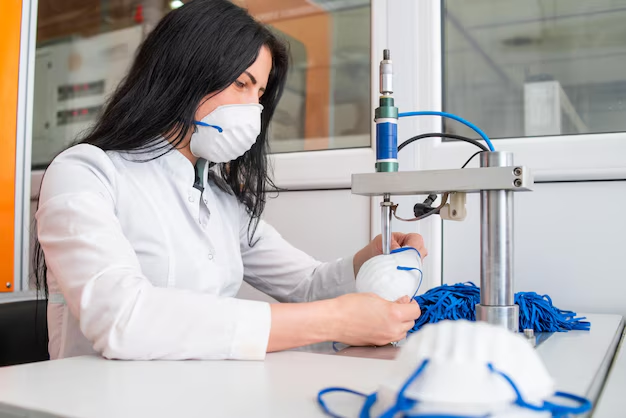How to Become a Nurse Anesthesiologist: Essential Degrees, Certifications, and Licenses
Embarking on a career as a Nurse Anesthesiologist is a rewarding journey that combines rigorous education with specialized training to ensure patient safety in surgical settings. To become a Certified Registered Nurse Anesthetist (CRNA), the first step is to earn a Bachelor of Science in Nursing (BSN) or an equivalent degree, which lays a strong foundation in nursing practice. After obtaining your RN license, it is crucial to gain at least one year of critical care experience, allowing you to refine the skills necessary for high-stakes environments. The next pivotal step is pursuing a Doctor of Nursing Practice (DNP) or a similar advanced degree from a program accredited by the Council on Accreditation of Nurse Anesthesia Educational Programs (COA). This graduate education covers comprehensive anesthesia practice, pharmacology, and physiology, preparing you to excel in the field.
Once your education is complete, passing the National Certification Examination (NCE) is essential for licensure as a CRNA. Maintaining this credential requires continuous professional development and periodic recertification. As the demand for skilled nurse anesthesiologists continues to rise, exploring educational programs that specialize in this field is more relevant than ever. These credentials not only unlock advanced career opportunities but also position you at the forefront of healthcare innovation.
Key Qualifications for Becoming a Nurse Anesthesiologist:
- 🎓 Bachelor of Science in Nursing (BSN)
- 📜 Registered Nurse (RN) License
- ⏳ 1+ Year of Critical Care Experience
- 🧑🎓 Doctor of Nursing Practice (DNP) or Equivalent Advanced Degree
- 🏆 National Certification Examination (NCE) for CRNAs
- 🔄 Ongoing Education & Recertification
